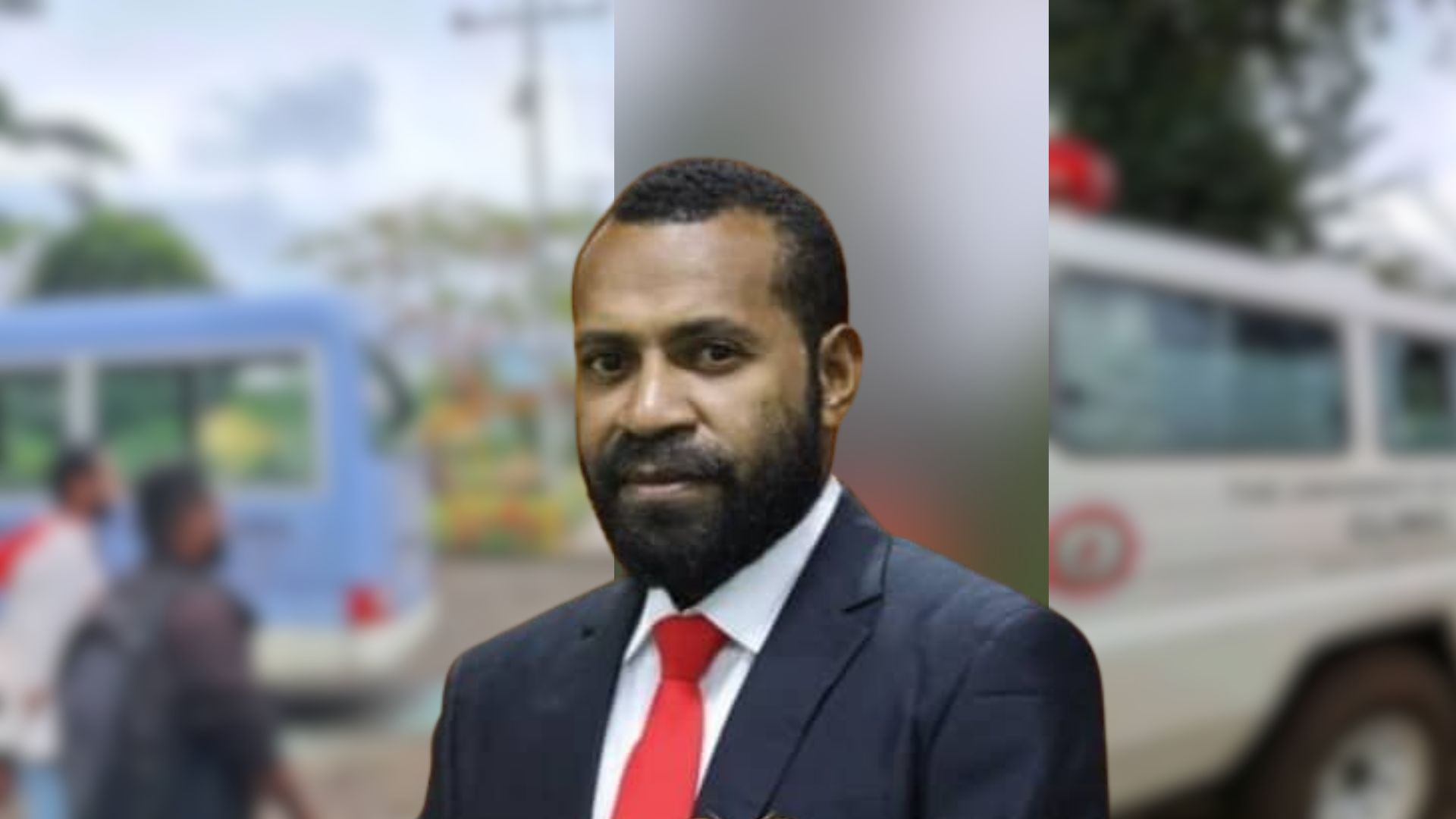NEWS
TIPNG’S 2026 BOARD OF DIRECTORS ANNOUNCED
![]() By Emmanuel MAIPE |
June 29, 2025
By Emmanuel MAIPE |
June 29, 2025

Related News
LATEST NEWS






